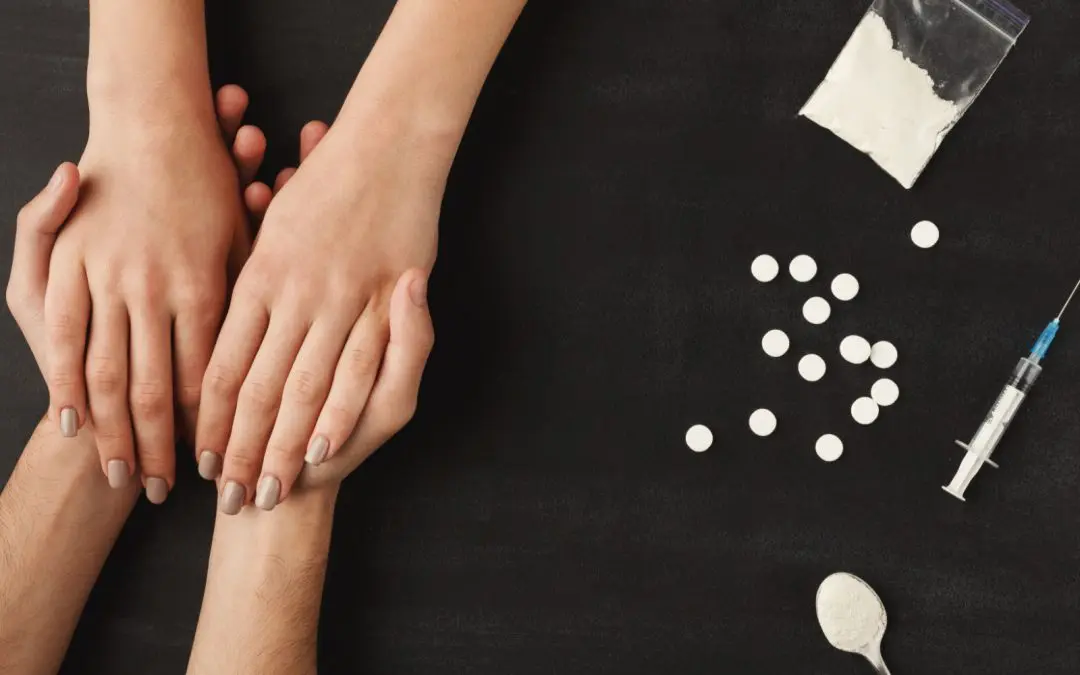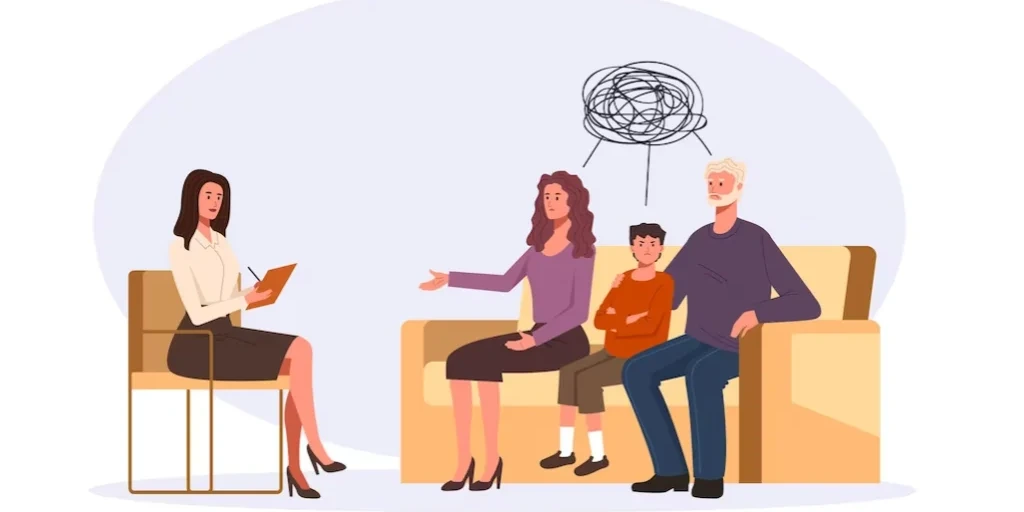24/7 Helpline:
(866) 899-221924/7 Helpline:
(866) 899-2219
Learn more about Inpatient Rehab centers in Lake County
Inpatient Rehab in Other Counties

Other Insurance Options

Group Health Incorporated

Oxford

Highmark

Health Net

Sliding scale payment assistance

CareSource

Providence

Sutter

Magellan Health

Holman Group

BlueShield

Horizon Healthcare Service

MVP Healthcare

BlueCross

ComPsych

BHS | Behavioral Health Systems

Ceridian

Amerigroup

Molina Healthcare

Cigna































































































Western Montana Mental Health Center – Lake County Addiction Services
Western Montana Mental Health Center – Lake County Addiction Services is a private rehab located in ...

Western Montana Mental Health Center
Western Montana Mental Health Center is a private rehab located in Polson, Montana. Western Montana ...

Sunburst Mental Health Services
Sunburst Mental Health Services is a private rehab located in Polson, Montana. Sunburst Mental Healt...

Sunburst Mental Health Services
Sunburst Mental Health Services is a private rehab located in Saint Ignatius, Montana. Sunburst Ment...

Lake County Chemical Dependency
Lake County Chemical Dependency is a private rehab located in Polson, Montana. Lake County Chemical ...

Western Montana Mental Health Center
Western Montana Mental Health Center is a private rehab located in Ronan, Montana. Western Montana M...

Tribal Health Alcoholism
Tribal Health Alcoholism is a private rehab located in Polson, Montana. Tribal Health Alcoholism spe...














































